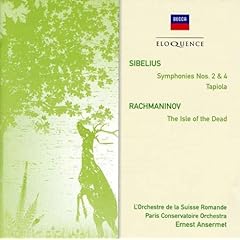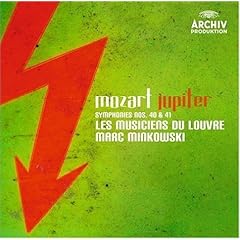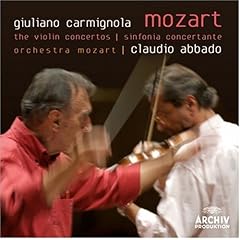 Concert Review:
Concert Review: April 24, Avery Fisher Hall
LSO/Repin/Gergiev
Prokofiev Symphonies 2, 7; Violin Concerto No. 1
It was hard choosing which of the 4 concerts in the LSO/Gergiev Prokofiev cycle to attend. I chose this concert because of the rarely heard Symphony No.2 and because of Repin. Prokofiev must not be too popular as the upper tiers sides were largely empty, though they are acoustically superior. After I sat down I started chatting with the next fellow who told me how wonderful they were the night before, in Piano concerto No. 2 (Feltsman) and Symphonies 1 and 6. I regret not having heard the 6th in particular.
Barely one minute into the Symphony No. 2 one realized one is in the midst of greatness, in both orchestral playing and conducting. There was tremendous discipline behind the violent caccophony of the first movement, played for all its worth by the LSO. Not since Alexander Nevsky in Carnegie Hall (a remarkable performance by PO/Muti) almost three decades ago have I heard such loudness. Yet it was supremely detailed, the orchestra responding to the mesmerizing motions of Gergiev's bare hands (undulating fingers; pawing hands and the lot) with beautifully characterized solo's and immaculate ensembleship. After the titanic first movement that felt like a longer Scythian suite, the second movement was an almost welcome antidote.
For me, the Violin Concerto No. 1 was rather wayward and not quite satisfactory. Vadim Repin played with his usual unearthy tone on his Guarneiri, but on this night he was even tighter than usual, his temperature lower and his volume sometimes reduced to bare audibility. The first movement lacked an ethereal quality and excitement. By the end of the second movement, fanned on by the percussion, things started to catch on and the third movement was the most satisfactory. Perhaps as the program book described, this concerto is in the classical style, but I missed the romance others have brought to the piece. The second part of the second movement was repeated as an encore and the playing was much better and relaxed.
The Symphony No. 7 is one of my favorite pieces, but there was little that was familiar this evening. Gergiev played it not in a lyrical vein (like Previn, Kurtz etc) but rather as something with a troubled program (which it does have), so much so that the soaring strings in its big moment in the first movement brought no reprieve. The ending was particularly well done, tentative and grim and I felt in my body that it was a big question mark. After tumultuous applause, the March from Love for Three Oranges was played as an encore (Tybalt's Death the night before).

Utterly gripping experience of Prokofiev the enigmatic. The fastidiously detailed interpretations were mostly rather unrelenting. One sometimes yearned for the lyrical moments to be less fleeting, but there was never a dull moment. The orchestra's playing was truly awe-inspiring. I think it was on an even higher plane than when I heard them sometime ago in Verdi's Requiem. Most impressive were the growling basses and fierce percussion. The average age is young and this is now one of the top orchestras.
Click here to read the NY Times review
Short Blog by Alex Ross, music critic of The New Yorker
The LSO/Gergiev Prokofiev symphony cycle on Philips (pictured) is now a tremendous bargain at budget price.
I am looking forward to next week, the Fifth! I wonder how it would compare to the Munich/Celibidache we heard in Hk some years ago?










